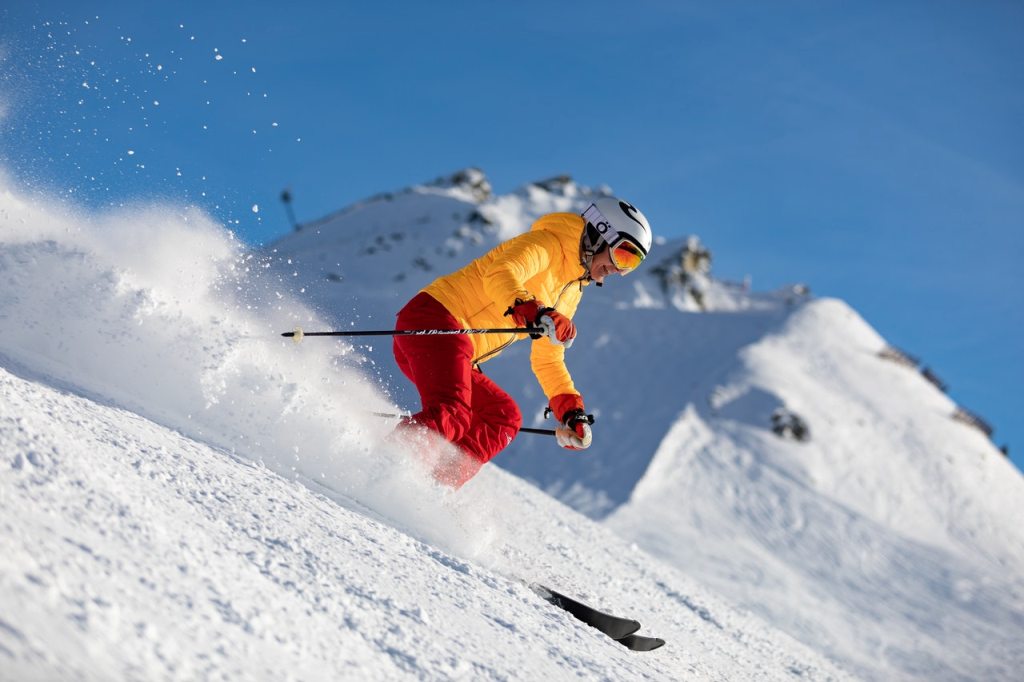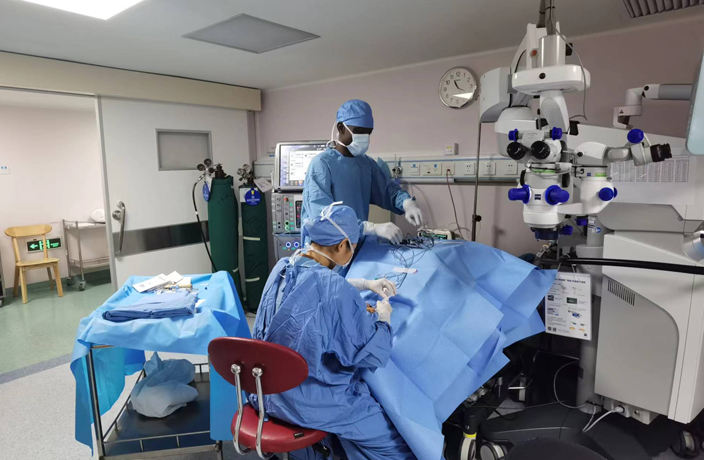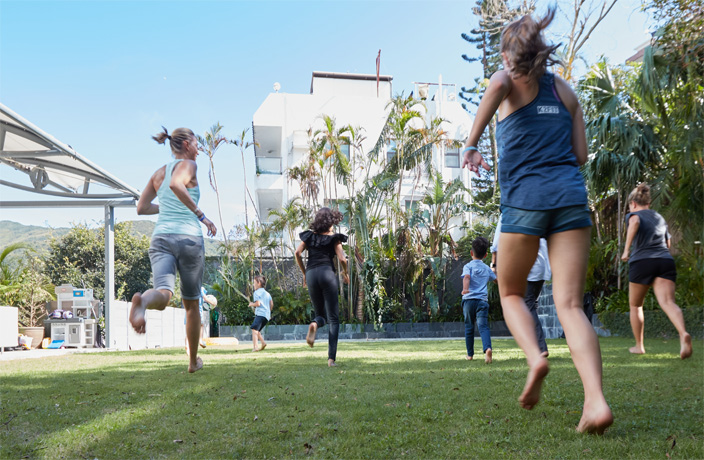As winter comes into full force, many people begin to resume their favorite winter activities: skiing, snowboarding, snowmobiling, ice hockey, ice skating, sledding and cycling. However, with winter sports comes a risk of injury, especially to the meniscus and the crucial effort ligaments.
In 2015, more than 246,000 individuals were treated at doctors’ offices, emergency rooms and hospitals for injuries sustained during snow skiing, snowboarding, ice skating, sledding or snow tubing, according to the US Consumer Product Safety Commission.
Fortunately, most winter-related injuries can be prevented with appropriate planning, preparation and equipment. If you’re a diehard winter sports fan, you may have been waiting months for this time of the year.
Dr. Dong Chen, director of Orthopedics, Sports Medicine and Rehabilitation Center at SinoUnited Health, has compiled a few tips for you to safely enjoy winter activities without the risk of injury.
Is there a higher risk of sporting injuries in winter sports?
Yes, regardless of your age, freezing temperatures and winter activities may be hazardous if you are not properly equipped. Each year, many people seek medical attention for injuries sustained while participating in winter sports.
Falls constitute the majority of winter sports injuries, as well as collisions with others and overexertion. The musculoskeletal system – comprised of bones, muscles, joints, tendons, ligaments and cartilage – is the most common site of injury.
Here are some possible injuries:
Sprains occur when a ligament is strained or torn. On the other hand, strains are a result of injury to muscles or tendons. Rest, ice, compression and elevation can all assist in treating these injuries.
Dislocations occur when the ends of two bones separate, causing movement of one or both bones.
Fractures are a partially or completely broken bone. Fractures are common in the wrist, arm, ankle and leg.
Injuries to the head are also prevalent. Numerous medical groups have recommended wearing a helmet whenever you are on the slopes or on the ice rink.

©: UpToDate.com

©: UpToDate.com
Is there anything that prevents you from participating in winter sports?
Yes, but you may still be able to do so by following these tips:
Improve your stamina: Stamina is the power and energy that allows you to undertake a sustained physical or mental exertion. Increasing your stamina allows you to persevere through discomfort while participating in an activity. It will also help you feel less tired and exhausted. When you’re short on energy, frequent exercise may be the last thing on your mind, but it will help you improve your stamina.
Warm up properly before engaging in your preferred winter sport. Muscles, tendons and ligaments are prone to damage when they are cold. Remember to adjust for frigid weather by spending more time warming up than normal.
After that, make sure you cool down completely. Stretch for a long time at a leisurely pace. This may assist to prevent delayed-onset muscular soreness following physical exertion.
Stay hydrated by consuming regular amounts of water.
When you’re in pain or weary, don’t participate in sports. Don’t push yourself to the point of exhaustion. Regular breaks will help you avoid fatigue-related injuries.
Seek immediate medical attention if you are in pain or injured.
What should be done when a sports injury occurs?
Those who sustain sprains, strains and joint injuries should seek immediate medical attention.
Errant skis and bad falls can cause knee injuries when skiing and snowboarding, notably to the anterior cruciate ligament (ACL), which is linked to sports-related meniscus problems. But you don’t have to be overwhelmed.
Dr. Chen from SinoUnited Health is a specialist in treating meniscus tears, taking into account all aspects of the injury, including its type, size and location. Also, he has recommended the RICE protocol, which is effective for most sports-related injuries.
REST: Take a break from the activity that caused the injury. Your doctor may recommend that you use crutches to avoid putting weight on your leg.
ICE: Use cold packs for 20 minutes at a time, several times a day. Do not apply ice directly to the skin.
COMPRESSION: To prevent additional swelling and blood loss, wear an elastic compression bandage.
ELEVATION: To reduce swelling, recline when you rest, and put your leg up higher than your heart.

©: Injurymap
Winter sports offer advantages for the body. Staying active can speed up breathing and blood circulation, which contributes to a more energetic metabolism and enhanced cardiorespiratory function.
If you’re having trouble exercising or aren’t sure where to begin, schedule an appointment with SinoUnited Health Orthopedics, Sports Medicine and Rehabilitation Center, and let a specialist evaluate your body alignment and function and provide specific workout recommendations.
SinoUnited Health wishes you all happiness and wellness through this season.
That's Shanghai readers can enjoy the package price: ‘Sports Injury Assessment Package for Knee’ RMB1,200 (usual price: RMB2,070) and ‘Sports Injury Assessment Package for Shoulder’ RMB1,200 (usual price: RMB2,085) until the end of February.
Scan the customer service QR code to learn more:

Dr. Dong Chen

Director of SinoUnited Health Orthopedics, Sports Medicine and Rehabilitation Center, Orthopedic Surgeon, Chief of Orthopedics Department, PhD
Dr. Dong Chen is the Chief of the Orthopedics Department, Director of SinoUnited Health Orthopedics, Sports Medicine and Rehabilitation Center at SinoUnited Health. He has more than 23 years of experience in orthopedic surgeries and sports medicine, both in China and abroad. His areas of expertise include minimally invasive arthroscopic, arthroplasty and reconstructive surgical techniques.
With experience in operating various phases of clinical trials, Dr. Chen has published in numerous international journals and presented in global conferences. In addition, he is a reviewer for Biomaterials, a well-known international academic journal with an impact factor of 8.4.
[All images courtesy of SinoUnited Health]






















0 User Comments